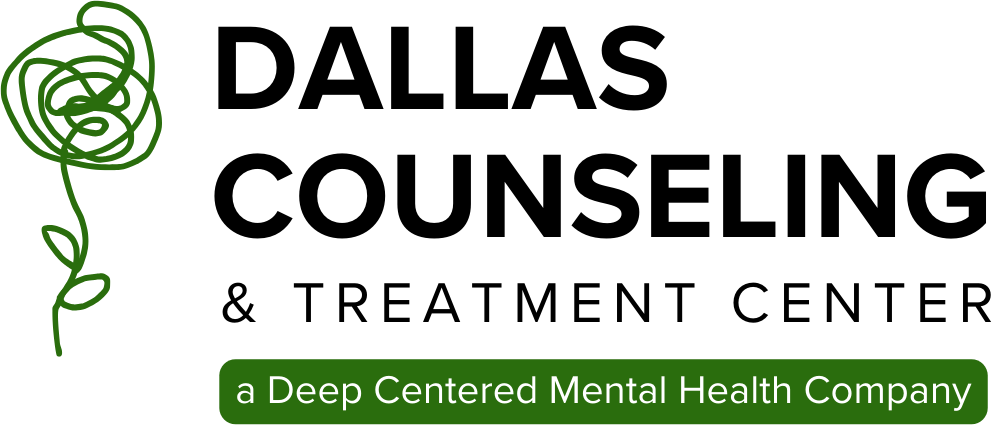Detaching from our technology-driven days and shifting into nights of peaceful sleep and dreams can be difficult. Now more than ever, it’s important to maintain good sleep hygiene on a consistent and continual basis. According to The National Sleep Foundation, “sleep hygiene is a variety of different practices and habits that are necessary to have good nighttime sleep quality and full daytime alertness.” With an increase in beneficial technology, we’re able to establish the most effective practices, rituals, and daily habits to support our mental health and wellbeing with the best quality of sleep possible.
The goal is not to spend our days pining over and daydreaming about our comfy beds. Instead, it’s about being mindful throughout the day. Identify the effects of certain foods, activities, interactions, and anxieties on your ability to rest at night. Learn the best ways to deter and recover from such disturbances so you can continue to “sleep easy.” Since I’ve always struggled with insomnia, technology has been an excellent tool for me to remain mindful throughout the day and into the evening. My sleep hygiene awareness is well maintained for me without taking priority over my entire day. Below are some of the go-to apps that help me prepare for my second favorite time of the day: bedtime! (My first is sunrise …that’s why sleeping well is also very important to me)
MEDITATION
I use this application throughout the day because it allows me to set and save different meditations at differing lengths of time, ambient sounds, and interval bells. If I need a moment to reset, I can sit mindfully in butterfly or child’s pose for about 3-minutes (7-minutes if it’s not a super busy day). If I feel lethargic and really want to take a nap (which is a no-no when maintaining good sleep hygiene), I can opt for a Savasana position on my yoga mat for 30 minutes, and if I need a quick 5-minute revitalizing ambient sound…I have that saved and on hand too.
Some other great things about this app are that it facilitates community, encourages friendships, group discussions, and promotes workshops and courses. You can even see when other people around the world are meditating at the same time as you. I love this application so much that I pay for their annual membership ($60), which mostly paid for itself within the first ten days (less than the cost of an extra-large cup of coffee every day, which I would need to wake me up after a bad night’s sleep anyway). If you end up becoming a member, I cannot recommend enough the guided meditation “Effortless Sleep with Yoga Nidra” led by Giovanni Dienstmann. It’s a simple 20-minute Yoga Nidra meditation that I have recommended to many friends because rarely, if ever, am I struggling to fall asleep or even still awake past the first 18 minutes (max). Good stuff!
SOUND
I know that when anxiety is high for me on a high-stress day, I am most likely going to have a restless night’s sleep ahead of me (no Fitbit sleep tracker needed on these days, for sure!). No matter how “exhausted” I feel, it is guaranteed that my body needs more time than hours in the day to process out the negative energy of a bad work meeting, frustrating traffic, or conflict with a loved one. If I add in longer than usual work hours and a missed yoga class, I absolutely have to be prepared for one or two occasional wake-ups throughout the night. These are things that would frustrate me, add to my already present anxiety, and in turn, leave me sitting in bed staring at the ceiling. With all that in mind, I do not think I can rave enough about having my glass of inositol water on my nightstand and my Alexa within speaking distance. To live in a time when I don’t even need to lift my sleep mask to disrupt my melatonin production and merely say “‘ Alexa, play rain on a tent’/’Alexa loop sound.'” It’s something simple and effective to be grateful for when the sun rises on my next day’s refreshed beginning.
NUTRITION
MyPlate has a community forum, which provides an excellent place for recipe ideas and shares stories and support from other people who are increasing their mindfulness around eating habits as well. If you’re wondering how keeping a daily food diary contributes to good sleep, have I got the answer for you. Much research has acknowledged that the gut is deemed the “second brain” of the body, and a good night’s sleep allows our internal organs to cleanse, flush out, and prepare for the next day ahead. It’s important to remember that not meeting our essential caloric intake for the day or filling our body with empty calories is almost guaranteeing a night of tossing and turning. That’s because we haven’t provided fuel for the body to do what it needs to do while we are at rest, or we have filled our body with foods that require more work to break down into beneficial nutrients.
We also want to increase mindfulness around the types of food we eat throughout the day to help decrease disruptions in our most reparative part of our sleep cycle, which is commonly referred to as “deep sleep.” As discussed in studies conducted by the National Institutes of Health, this is when our brain is being flushed with cerebrospinal fluid. This is to remove toxins, waste, and buildup in our minds. It also distributes nutrients to the brain, attributed to promoting better sleep, memory, and mood. So, the food we eat during the day is imperative to contribute to the nutrients we provide to our bodies and minds at night.
TIPS FOR BETTER SLEEP
I hope you’ll check out these applications and utilize them to increase your own sleep hygiene practices. I’m glad that I got to share some of my tips and insights with you. Remember that these are great “in addition to” and not “in place of” suggestions to use.
-
Always keep the basics in mind when it comes to good sleep.
-
Consult with your primary care physician if insomnia persists over an extended period to explore prescribed as well as holistic approaches. Keep your sleeping area clean and organized, so it is always welcoming and make sure that where you sleep is used only for sleeping.
-
Let the light in and enjoy the sunshine when you can. Still, when it comes to bedtime, melatonin production is best when it’s dark – so try to avoid falling asleep with the tv or computer on.
-
If you need to hear something, the Calm app has terrific bedtime stories! – not free, unfortunately.
-
Enjoy a decaffeinated tea
-
Try to maintain a healthy diet with dense calories earlier throughout the day
-
Get exercise in with a brisk walk mid-afternoons or do your regular workout before it’s too late in the evening
-
Again – always consult your primary care physician before making any significant changes to your diet or physical activities.
I wish you a good night’s sleep and sweet dreams.

